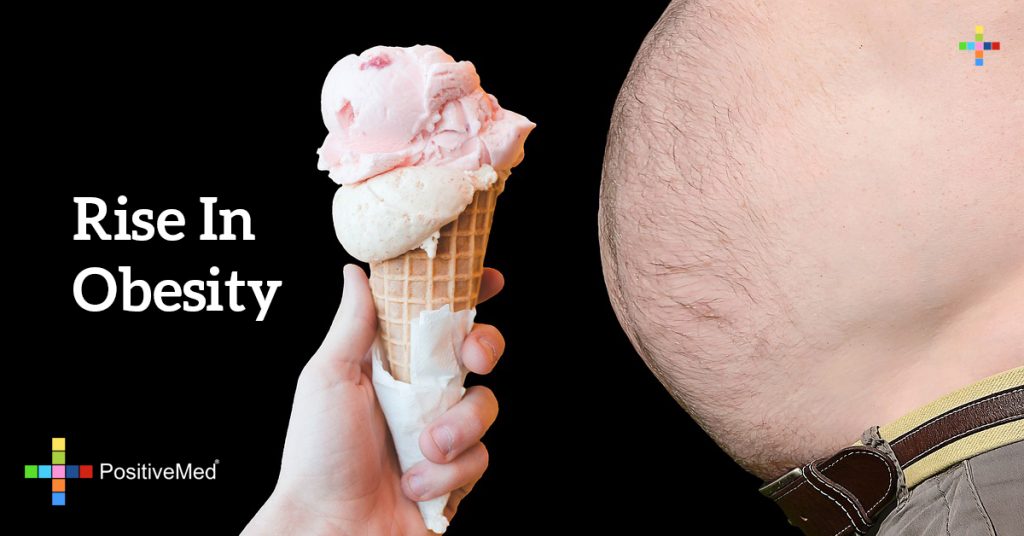
Today, just over a third of U.S. adults are obese. By 2030, 42 percent (that’s an additional 32 million people) will be, according to a forecast released on May 7th.

The new study from Duke University published in the American Journal of Preventive Medicine, also predicts that the number of individuals with severe obesity will rise by 11 percent. Severe obesity is a condition that the body mass index (BMI) is over 40.
BMI is a measure of the body fitness/fatness and is calculated by dividing WEIGHT (in kilograms) by square of HEIGHT (in meters). For example if someone weights 100 kilograms and he’s 180 centimeters (1.8 meter) his BMI would be:
100/(1.8*1.8)=30.86

Source:LiveScience
You can use this calculator to measure your BMI:
And here’s the categories according to CDC:
Below 18.5 Underweight
18.5 – 24.9 Normal
25.0 – 29.9 Overweight
30.0 and Above Obese





